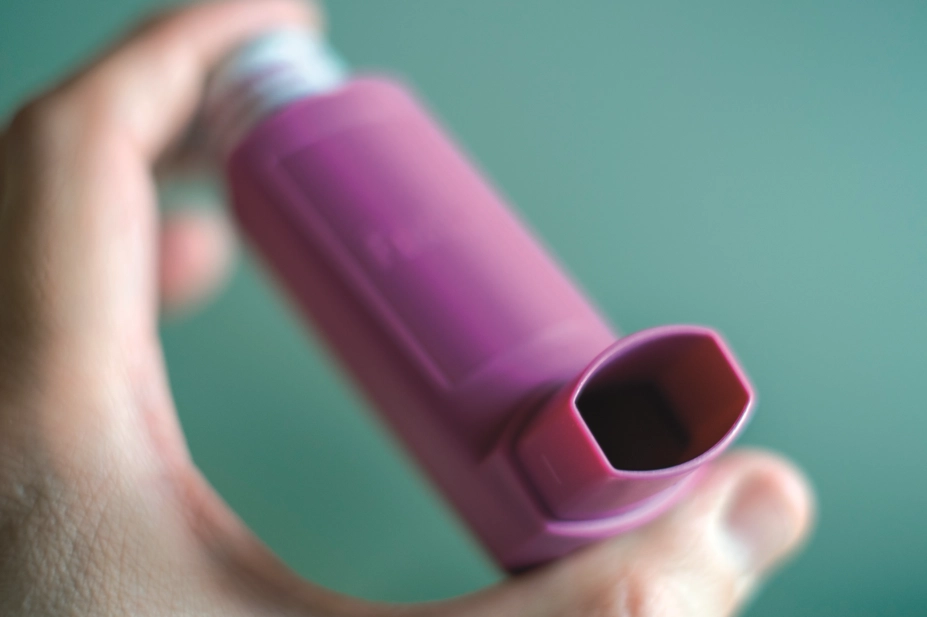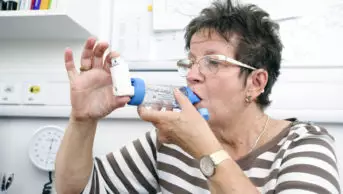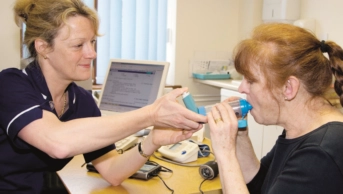
Shutterstock.com
A national working group has been set up to reduce the climate change impact of asthma inhalers and support the delivery of carbon emissions targets laid out in the ‘NHS Long Term Plan’.
The cross-sector expert working group is chaired by the government arms-length body, the Sustainable Development Unit (SDU), which is jointly funded by NHS England and Public Health England, and includes representation from the Royal Pharmaceutical Society.
The working group will review the evidence on potential options for reducing the level of climate change impact from inhalers, looking at packaging, propellants, plastics and metals used in production, with the aim of establishing a target and approach.
Strategies under consideration are, where clinically appropriate: offering patients dry powder inhalers, which use significantly less greenhouse gases than traditional metered dose inhalers (MDIs); offering patients MDIs with a lower volume of propellant; improved training on inhaler use; and increasing recovery and recycling rates for used inhalers.
The long-term plan sets out aspirations to deliver the Climate Change Act target of a reduction in the health service’s carbon footprint of 34% by 2020 and 51% by 2025, and states that a shift to lower carbon inhalers will deliver a reduction of 4%.
The SDU says a 50% cut in the carbon footprint of inhalers would save 0.425 million tonnes CO2 equivalent, which is 4% of the total carbon saving needed by the NHS to hit its target.
The long-term plan also says pharmacists can support patients to reduce the use of short-acting bronchodilator inhalers and switch to DPIs where clinically appropriate.
In response to a parliamentary question on government assessment of inhaler recycling schemes, health minister Baroness Blackwood said the SDU had reviewed a scheme operated by GSK since 2011 that encourages the return of inhalers for recycling.
She said that while the scheme was “very welcome” it was “limited in scope”, currently recovering around 1% of all inhalers.
NHS England, she added, had invited industry suggestions on ways to increase recovery for environmentally safe disposal and recycling.


